The Top-Ranked Satire Films of All Time
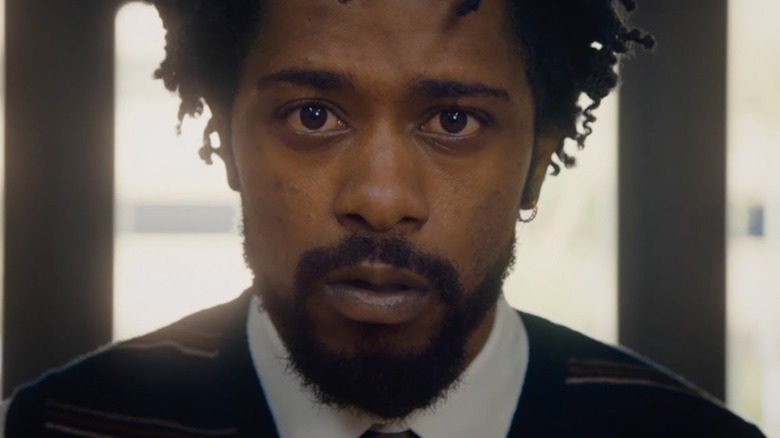
Some of the greatest comedy films ever made are satires. But what defines satire? It amplifies reality, reflecting our everyday struggles and societal flaws through a distorted lens. This distinguishes satire from other forms of comedy. While most comedies aim to entertain, satire can evoke reactions ranging from cathartic relief to seething anger. It can be sly and understated or wildly exaggerated, even confrontational. When executed well, the genre is sharp, thought-provoking, and profoundly resonant with contemporary issues.
Although satire occasionally foresees what’s to come, its primary focus is reflecting the current moment. It questions how we arrived at this point—divided by borders, confined to offices, and fixated on glowing displays. As contemporary existence increasingly resembles a caricature, satire’s significance grows. These films seize a frayed edge of reality and yank with full force. Undeniably humorous, they also serve as incisive critiques of society, each one standing the test of time. Below, we rank the greatest satire films ever made.
14. Don’t Look Up
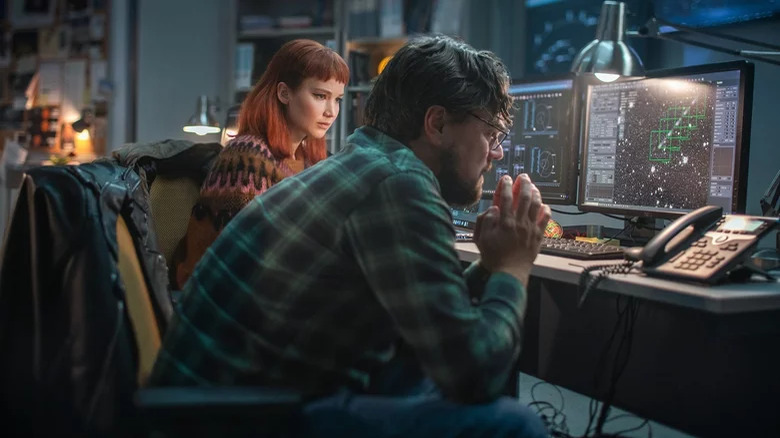
Writer-director Adam McKay began his career crafting broad comedy (though “Anchorman” doubles as a sharp satire on masculinity) before transitioning into the cheeky docudrama style of “The Big Short” and “Vice.” In 2021, he fully embraced satire with “Don’t Look Up,” delivering the most prominent “asteroid hurtling toward Earth” film since 1998’s “Deep Impact” and “Armageddon.” However, unlike the composed governmental reaction in “Deep Impact” or the grandiose space heroics of “Armageddon,” “Don’t Look Up” portrays a world spiraling into chaos—a scenario that feels uncomfortably recognizable.
McKay’s sharp satire depicts a large segment of society dismissing the asteroid threat as a conspiracy, swayed by endless YouTube content. The effort to avert disaster is undermined by private interests, as a wealthy tech entrepreneur persuades authorities to mine the asteroid for resources rather than neutralize it. The film’s courageous researchers are either sidelined by officials or seduced by the spotlight, driving the narrative toward a conclusion as inescapable as global warming. “Don’t Look Up” serves as a wake-up call to a civilization in denial.
13. My Apologies for Disturbing You
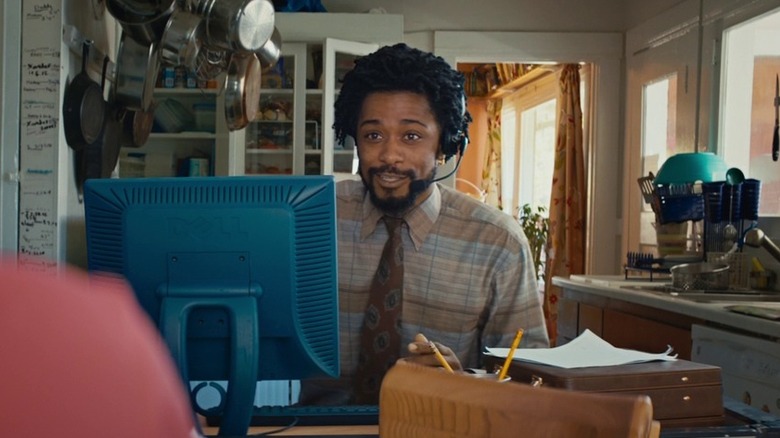
“Sorry to Bother You,” the first feature film directed by Boots Riley, introduces a seemingly straightforward premise. Cash Green (Lakeith Stanfield) faces financial hardship until he lands a telemarketing job. A colleague suggests he adopt a “white voice,” supplied by David Cross, during customer calls. Cash’s performance skyrockets almost instantly. This concept alone, rich with themes of race, communication, and language, could carry an entire film. Yet “Sorry to Bother You” is only just beginning.
We soon discover that Cash’s new employer also handles arms transactions and operates as a branch of WorryFree, an Amazon-esque corporation that binds people in a form of modern-day servitude. His colleagues unionize and start demonstrating, though their protests quickly blur with the bewildering performance art displays orchestrated by Cash’s girlfriend, Detroit (Tessa Thompson). Abruptly, much like a Thomas Pynchon story pushed to its limits, *Sorry To Bother You* unveils a world of human-equine hybrids and the broader breakdown of civilization. The film stands as a fierce tribute to the chaos and rapid commercialization defining the digital era.
12. Jojo Rabbit
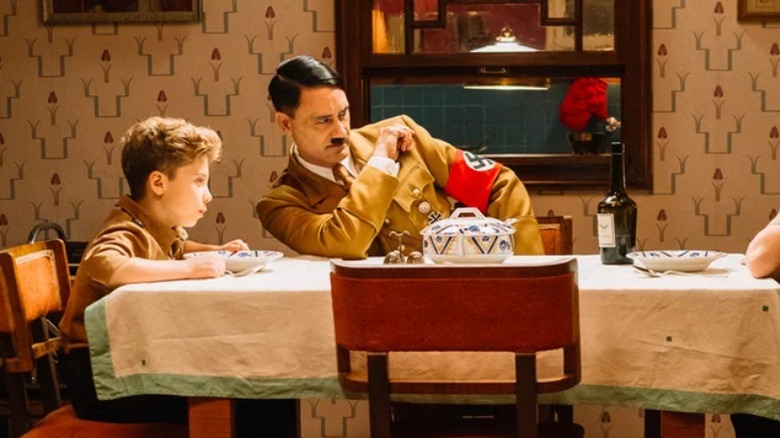
Few modern performers are as universally endearing as Taika Waititi. His portrayal of Korg in the Marvel Cinematic Universe is endlessly charming, just as his role as a vampire in the original “What We Do In The Shadows” delights audiences. His directing work radiates the same genuine warmth. That’s why his decision to play Hitler becomes a masterstroke of satire. In the Oscar-winning “Jojo Rabbit,” Waititi embodies the dictator as the eccentric imaginary companion of the young protagonist Jojo (Roman Griffin Davis), a devoted 10-year-old member of the Hitler Youth. Amid countless World War II films, “Jojo Rabbit” offers a fresh, playful perspective on familiar territory, thanks largely to Waititi’s inventive portrayal of Hitler.
The narrative, in which Jojo forms a friendship with a Jewish girl (Thomasin McKenzie) secretly sheltered by his mother, unfolds along a fairly expected trajectory. Yet *Jojo Rabbit* delivers unexpected turns and reaches a deeply moving destination. Waititi’s absurdly comedic portrayal of Hitler creates a deceptive lightness, setting the stage for the film to deliver its emotional blows with greater impact. And it certainly does—shattering hearts while simultaneously provoking uncontrollable laughter.
11. Ingrid Heads West

The character Ingrid in *Ingrid Goes West* isn’t merely one of Aubrey Plaza’s standout performances—it might be the part she was destined for. Moving beyond the dry wit of April in *Parks and Recreation*, she has embraced deeply unsettling film roles while remaining a constant source of intrigue on social media. Unsurprisingly, she’s the ideal actor to portray someone utterly consumed by the digital world.
Ingrid is a disturbed young woman who has recently come into an inheritance and finds herself with endless free time. She obsessively fixates on Taylor (Elizabeth Olsen), an Instagram star whose life appears radiant and flawless. Yet this perfection is merely a facade, crafted through Taylor’s carefully filtered posts and captions—a truth Ingrid begins to unravel as she grows closer to her idol. *Ingrid Goes West* remains strikingly relevant, anchored by stellar performances from Plaza and Olsen. The film deftly explores the blurred boundary between a life curated for social media and the descent into psychological turmoil. It stands as one of the most compelling narratives about smartphone obsession, influencer culture, and the seductive pull of virtual relationships ever brought to cinema.
10. A Society of Diminished Intelligence
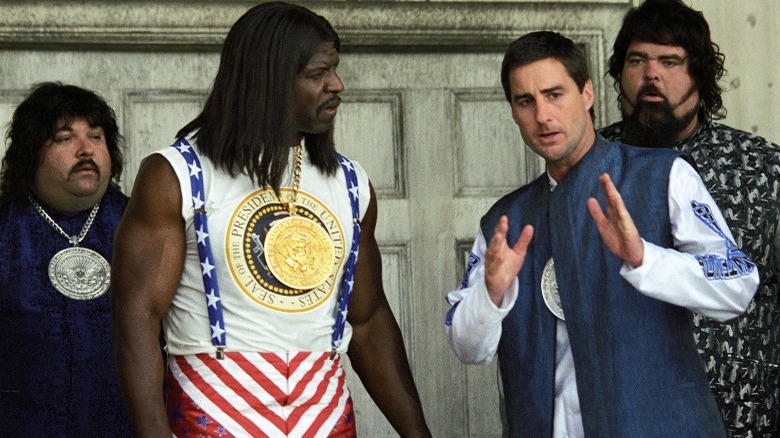
“Idiocracy” is a mid-2000s comedy that appeared excessively crude and pessimistic upon its release. Yet, as time passes, its premise feels increasingly believable. Interestingly, it’s not the film’s core concept that resonates most. The notion that humanity will grow less intelligent because educated individuals opt out of parenthood isn’t entirely accurate, as Bloomberg notes, and comes across as somewhat unkind. However, the corporate-dominated dystopia depicted in “Idiocracy” often feels eerily prophetic. Could future generations really adopt first names like “Frito” or middle names like “Mountain Dew”? The possibility is unsettlingly real.
Luke Wilson anchors the film as the understated everyman, an ordinary guy (literally named Joe) chosen for a groundbreaking hibernation trial. However, a mishap leaves him frozen for 500 years instead of one. He awakens to a society where branding dominates, communication is reduced to simplistic visuals and oversized buttons, and the nation is led by an absurd, ex-wrestler con artist. As reality increasingly mirrored “Idiocracy,” writers Etan Cohen and Mike Judge considered featuring Terry Crews’ President Camacho in parody ads—a concept Fox rejected to avoid any perception of mocking a specific 2016 political figure.
9. Escape
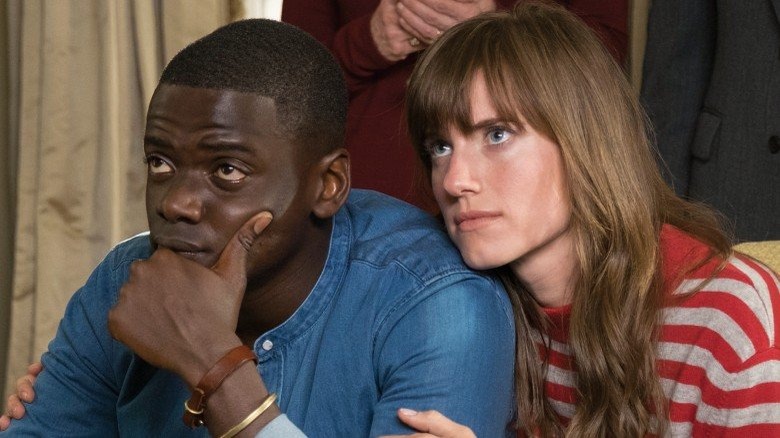
One scene in *Get Out* stands out as perhaps the most brutally intense, breath-stealing moment in film this century. Without giving too much away, it occurs when protagonist Chris (Daniel Kaluuya), a young Black man attempting to escape a deranged conspiracy of wealthy white individuals, is abruptly illuminated by pulsing red and blue lights. Jordan Peele masterfully injects a layer of real-world unease at this worst possible instant, amplifying the film’s primal terror and mounting horror to an even greater extreme. It’s a heart-pounding sequence that will haunt you well beyond the final frame.
“Get Out” benefits from its masterful craftsmanship and well-measured pacing, interspersed with moments of humor. The film skillfully merges different moods, beginning as a psychological thriller reminiscent of Hitchcock before transitioning into a full-fledged “Twilight Zone” atmosphere upon the revelation of its major twist. It critiques both the historical exploitation of Black individuals in the U.S. and the dangerous indifference of so-called “progressive” white Americans. Since its 2017 debut, “Get Out” has grown increasingly significant with time.
8. Workspace Environment
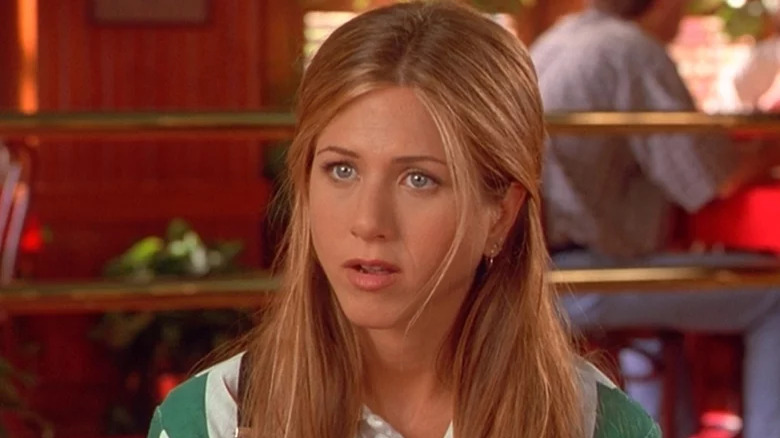
“Office Space” stood out as one of the most forward-thinking films of the 1990s. On the surface, it’s a satire of workplace culture, but it taps into a deeper reality that grows increasingly unsettling: People aren’t designed to spend their days glued to desks and screens. Ron Livingston’s understated everyman appeal shines as Peter, the protagonist, who experiences a revelation after a session of perfectly timed hypnosis. This awakening leads him to abandon workplace decorum, arrive at the office on a whim, and address his bosses with unfiltered honesty.
Ironically, this leads to his promotion for being brutally honest. By embracing his true self without restraint, Peter immediately distinguishes himself in an environment that suppresses personal expression. “Office Space” delivers a lighthearted yet engaging narrative while delving into core themes like balancing work and life, finding deeper meaning, and fostering genuine relationships. Long before “quiet quitting” became a trend, Peter defied his faceless tech corporation, his love interest Joanna (Jennifer Aniston) wore the bare minimum of flair, and his colleagues found release by smashing a troublesome printer.
7. This Is Spinal Tap
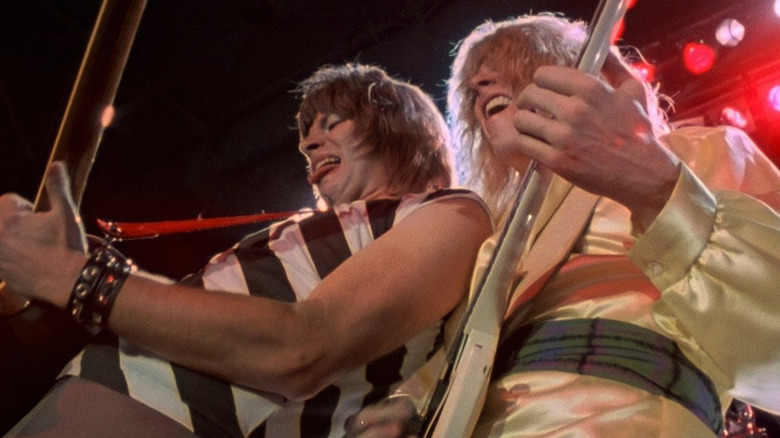
“This Is Spinal Tap” occupies an iconic status in modern satire, pioneering the essential mockumentary format as it exists today. Co-writer Christopher Guest refined the style further with films such as “Waiting For Guffman,” “Best in Show,” and “A Mighty Wind.” Subsequently, Ricky Gervais and his U.S. peers cemented the mockumentary as a cornerstone of TV comedy through “The Office.” Without hyperbole, “This Is Spinal Tap” stands as the originator of the entire genre.
Director Rob Reiner portrays Marty Di Bergi, a fictional filmmaker documenting the outrageous escapades of the titular mock band. The result is a brilliantly hilarious spoof on the pitfalls of stardom, reinvigorating the well-worn narrative of a famous group’s ascent and collapse. Scenes spiral into chaos, a Yoko Ono-esque romantic partner stirs tension, and drummers meet absurdly elaborate demises. Were it not for the comedic genius of Harry Shearer, Michael McKean, and Guest himself, one might easily mistake Spinal Tap for an actual band—and that’s precisely where the film’s magic lies.
6. Inside The Loop
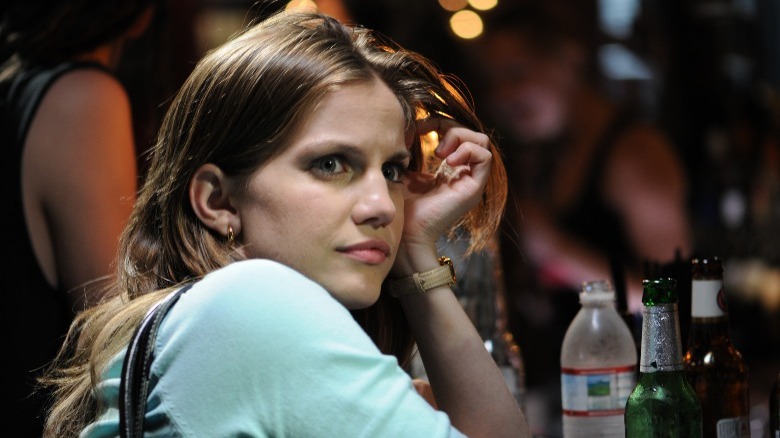
A sharp example of political satire, “In The Loop” is a fast-paced comedy centered on the events preceding the 2003 Iraq War. Armando Iannucci, the director, expanded the concept from his BBC series “The Thick of It,” which also stands as an exceptional piece of political satire. By dissecting the chaotic communication between British and American officials that pushed them toward conflict, he captures the essence of the 2000s media landscape.
A single unfortunate remark by a British minister, calling war “unforeseeable,” spirals into a storm of clarifications and excessive adjustments, culminating in a report that suggestsagainstThe report is manipulated to justify military intervention. Displaying the sharp, quick-witted humor he later perfected in *Veep*, Iannucci ruthlessly satirizes a political environment that was already rife with incompetence and grandstanding upon the film’s 2009 release—a reality that has since become even more absurd. Standout performances from a talented cast include Peter Capaldi (before his *Doctor Who* fame), Anna Chlumsky as a tightly wound assistant (echoing her *Veep* character), and the legendary James Gandolfini.
5. Monty Python’s Life of Brian
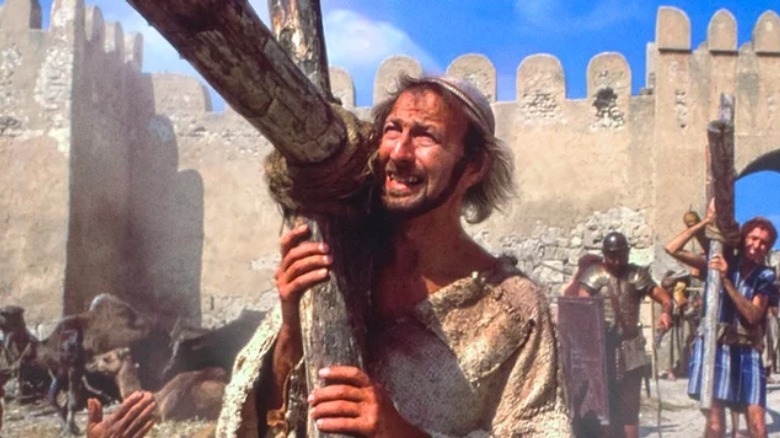
In a bold and unforgettable satire, Monty Python channels the same absurd humor and irreverence from “Monty Python and the Holy Grail” into “Monty Python’s Life of Brian,” this time targeting the tale of Jesus Christ. Following their take on Arthurian lore, the iconic comedy troupe turns its sharp wit to the New Testament, chronicling the misadventures of Brian (Graham Chapman), a Nazareth resident whose unfortunate timing—being born next door to Jesus—leads to a series of uproarious misunderstandings as he’s repeatedly confused for the Messiah.
“Life of Brian” showcases the same clever wordplay, digressions, and surreal humor found in Monty Python’s other celebrated projects, yet its thematic focus makes it their most daring satire. In one scene, Brian addresses a mob convinced he’s their messiah, urging them to embrace independent thought. Instead, they mindlessly echo his statements as doctrine, chanting, “We are all individuals!” in unison. Even during a brief appearance by the actual Jesus, Monty Python highlights how easily his teachings can be misconstrued: Spectators at the rear mistakenly hear him say, “Blessed are the Greek!”
4. Outsmarted or Deceived
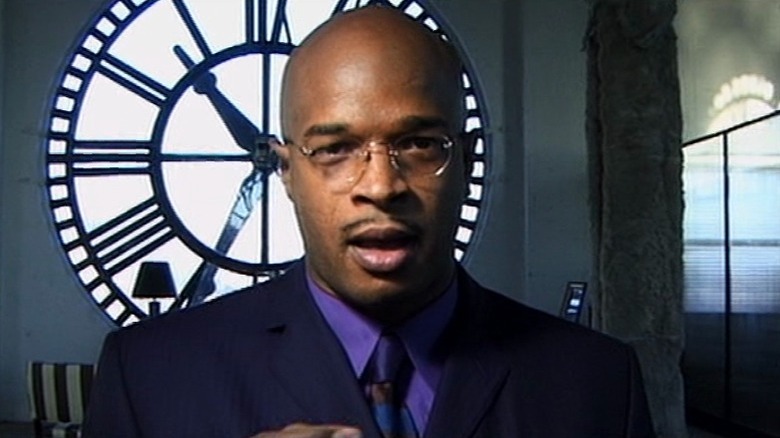
Among Spike Lee’s works, *Bamboozled* stands out as his most brilliantly satirical. A sharp reimagining of *The Producers*, the film features Damon Wayans as Pierre Delacroix, a TV writer whose scripts—aimed at portraying Black Americans with depth and nuance—are repeatedly turned down. Frustrated, he devises a plan to get himself fired by proposing a contemporary minstrel show, featuring Black performers in blackface and exaggerated, offensive stereotypes. To his shock, the network embraces the idea, and the show becomes an instant hit. Pierre soon embraces his newfound success, even justifying the minstrel show as a form of biting satire.
Spike Lee escalates the narrative to absurd extremes, yet consistently anchors it to the core dilemma: How can you discern satire when you have no power over what amuses your audience or their reasons for laughing? This issue stays profoundly relevant in the present, a point “Bamboozled” drives home with a striking montage showcasing a hundred years of so-called “humor.”
3. Network Infrastructure
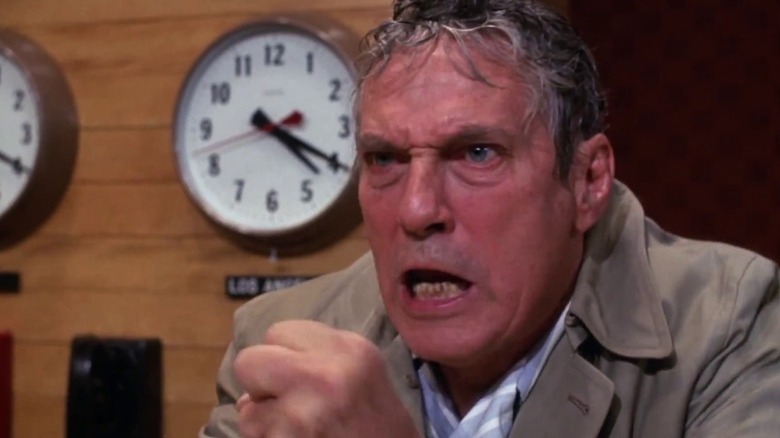
“Network” hit theaters in 1976, yet the decades since have only reinforced its sharp critique of the extreme measures mass media will take to grab viewers. The tale of Howard Beale (Peter Finch), a news anchor who unravels during a broadcast and launches into impassioned diatribes about society, feels almost subdued next to today’s sensationalist cable news pundits and fringe radio personalities. Still, Finch’s electrifying portrayal, which earned him an Academy Award, remains a timeless outcry against systemic pressures. His iconic declaration—”I’m mad as hell, and I’m not going to take this anymore!”—echoes as powerfully as ever.
The true power of “Network” lies in its profound storytelling, driven by Paddy Chayefsky’s intricate screenplay. Behind the chaotic spectacle of television, a rich narrative unfolds, exploring morality, love, and shifting eras, embodied by William Holden and Faye Dunaway as symbols of traditional and modern television production. The escalating absurdity of the plot only heightens the authenticity and value of the fleeting moments of emotion and human connection.
2. Existing in the Moment
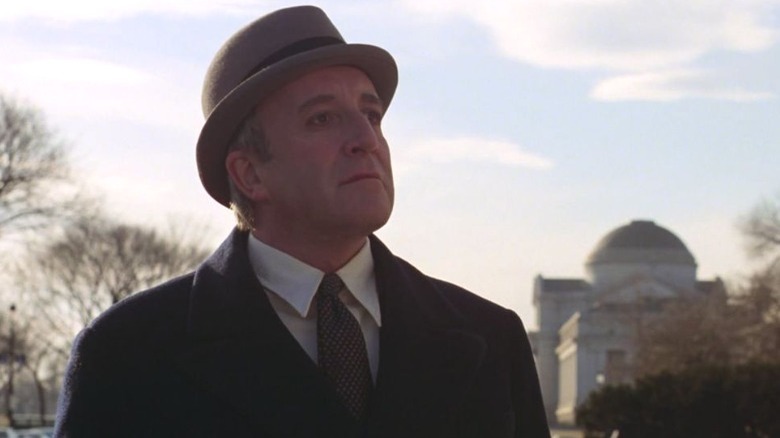
Hal Ashby’s “Being There” shines by tackling an absurd concept—a naive gardener mistakenly climbing the ranks of political power—with understated finesse. The decision to cast the versatile Peter Sellers as Chance the gardener (mistakenly called “Chauncey Gardiner”) is inspired, as he brings a quiet yet vibrant energy to the role.
At first sight, “Being There” appears to be a lighthearted tale of Chance abandoning his isolated existence of tending gardens and watching TV for a series of comedic mishaps. Yet beneath the surface, “Being There” delivers a pointed critique of how effortlessly a white man adorned with wealth and an air of wisdom can climb the social ladder despite his shortcomings. His attire and mannerisms lead others to assume he belongs to the esteemed upper class, and they eagerly construe his gardening-related remarks as profound insights. The narrative satirizes the worlds of business and politics as closed-off circles of naive entitlement, blending sharp humor with enduring relevance.
1. Dr. Strangelove
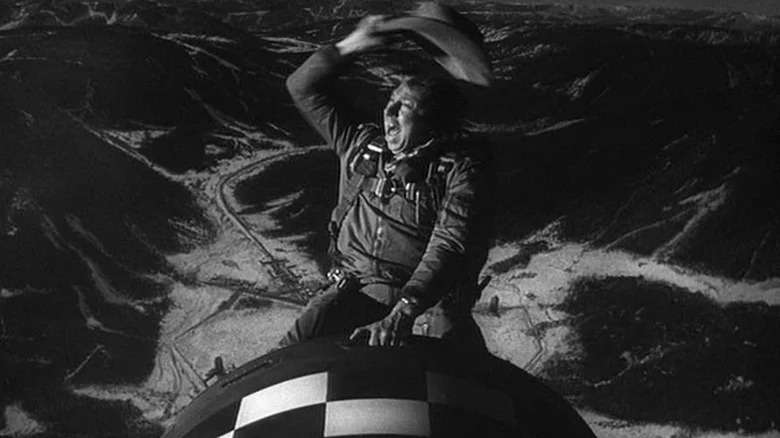
The existence of nuclear weapons has cast an intolerable and surreal shadow over the world. A single decision could trigger global annihilation, erasing life as we know it. *Dr. Strangelove or: How I Learned to Stop Worrying and Love the Bomb* stands as an essential outcry against this madness. Among Stanley Kubrick’s masterful works, *Dr. Strangelove* represents satire at its finest. It builds a deliberately deadpan, simmering humor that reaches its peak precisely as the detonations begin.
Peter Sellers delivers a standout performance in his iconic triple portrayal of Lionel Mandrake, Merkin Muffley, and Dr. Strangelove, stealing the spotlight among the cast. His brilliance shines alongside George C. Scott’s Buck Turgidson and James Earl Jones’s Lothar Zogg. “Dr. Strangelove” offers relentless humor, packed with memorable lines and masterful slapstick. Yet beneath the laughs lies a sharp satire, one of the most significant of the last hundred years. Even as the Cold War fades, the threat of global annihilation lingers. The film urges us to confront this dread with laughter.